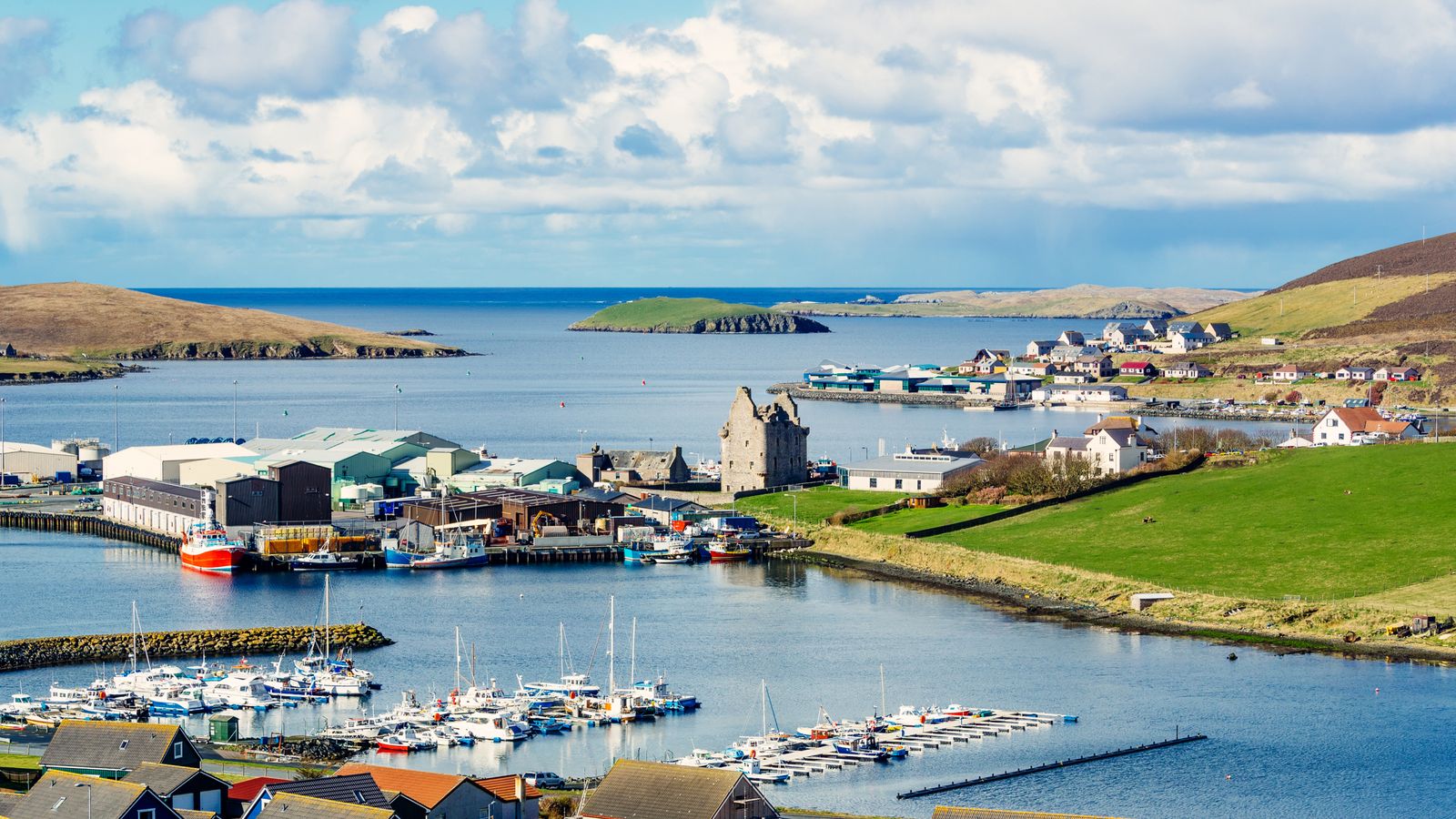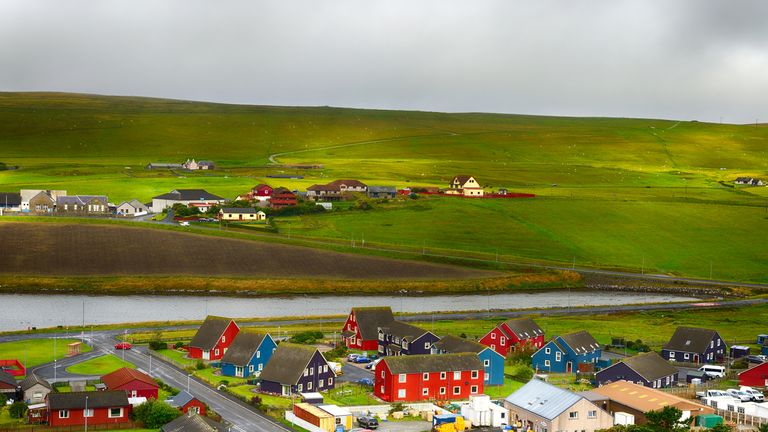Shetland Island residents must earn £104,000 to avoid fuel poverty next year, warns official
Some 96% of residents of the Shetland Islands could find themselves in fuel poverty by next April, according to a local official, who issued a stark warning about the future of the archipelago.
Despite Scotland supplying much of the UK’s gas, islanders must earn a salary of £104,000 to avoid slipping into fuel poverty, according to the Leader of Shetland Islands Council.
The estimated average energy cost on the Shetland Islands will rise to £10,300 per household by next April, with the vast majority of residents spending 10% of their income on energy bills.
A unique confluence of factors push the cost of living in Shetland to double that of the UK: a much colder climate, coupled with poor insulation and a lack of cheaper energy options such as mains gas.
“Our islands have been at the heart of oil and gas activity for over forty years, yet our people have not seen the benefits of that in terms of a lower cost of fuel,” said council leader Emma Macdonald.
“Shetland has contributed, and will continue to contribute significantly to UK energy exports and yet people in our communities will struggle to heat their homes in the coming year.”
“This is particularly ironic, given the continued development of offshore and onshore renewable energy production around Shetland.”
The local council on the Shetland Islands is calling for UK government assistance to enable communities to secure low-cost energy for islanders.
“But we also need immediate government help to address rising energy costs, which will have such a damaging impact on those who live in Shetland,” Ms Macdonald said.
Last week, Scotland’s energy minister said the increase in the energy price cap would be “unsustainable” and would push millions into fuel poverty.
Scotland’s first minister Nicola Sturgeon added that the price cap rise could not be allowed to go ahead.
“This is simply unaffordable for millions,” she tweeted. “It cannot be allowed to go ahead.”
“This rise must be cancelled, with the UK gov and energy companies then agreeing a package to fund the cost of a freeze over a longer period, coupled with fundamental reform of the energy market.”
For all the latest business News Click Here


